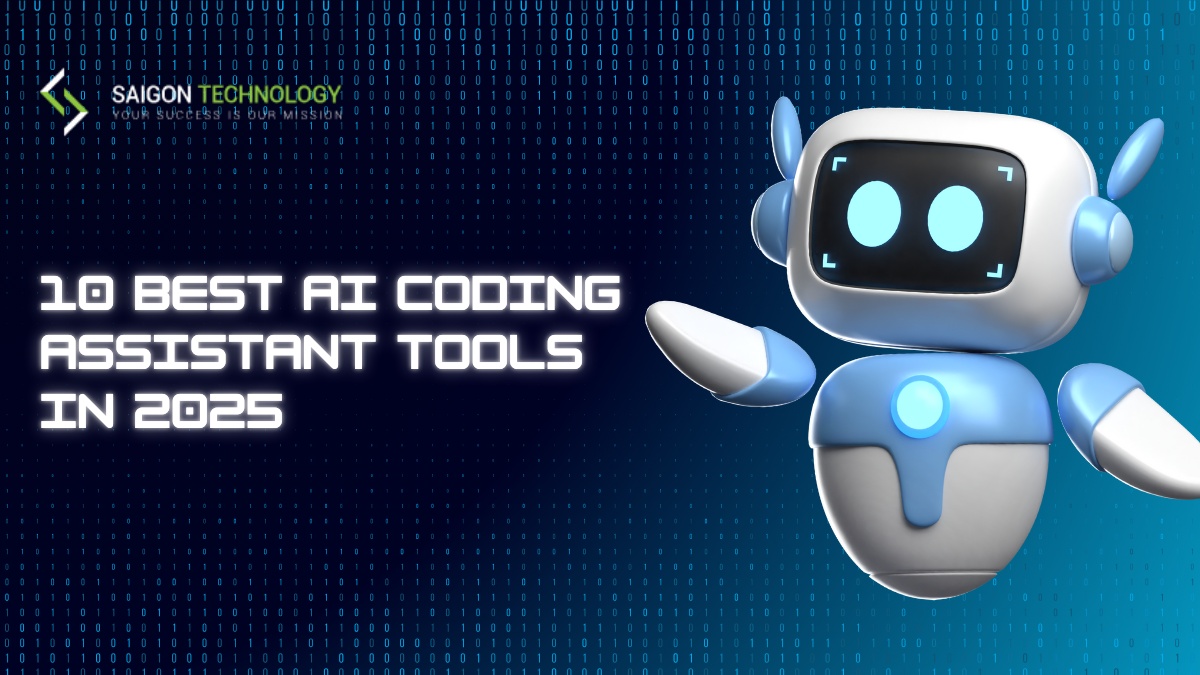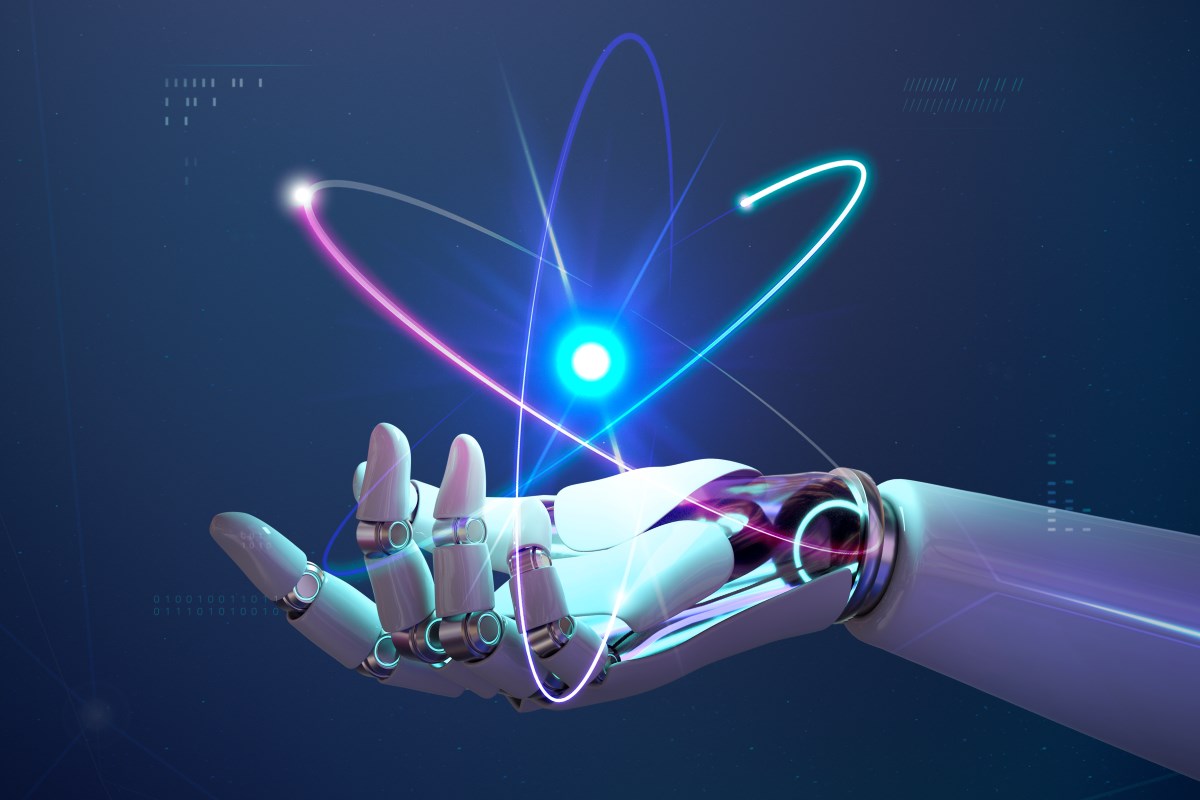There are many discussions these days about artificial intelligence (AI) and the impact it will have on businesses. Many people are wondering whether they should invest in AI software, and if so, which type of AI software is right for them.
In this blog post, we will compare traditional software business models with AI software business models. We will also discuss the benefits and drawbacks of each type of business model. By the end of this post, you will better understand the difference between AI software and traditional software businesses. Besides, you will be able to make the right decision on the ideal business for you.
What are The Differences Between Artificial Intelligence and Traditional Software Business Models?
Traditional software is a program that runs on your computer. It can be installed from a CD or downloaded online. The main advantage of this type of software is its flexibility: you don’t have to worry about compatibility issues if you buy the latest version; it will run fine on any operating system (although some programs may not work perfectly on Macs).
Traditional software business models are based on the sale of licenses to use their software. The customer buys a license, installs the software on their own computer or server, and then uses it to run their business. In order to keep using the software, they must renew their license agreement with the software company on an annual basis.
In contrast, Artificial Intelligence software development services are accessed over the internet. You don’t need to install it on your computer – you can access it from any device with an internet connection.
Artificial intelligence software is different. Instead of selling licenses to use the software, AI companies sell access to their algorithms and data sets. This means that you do not need any hardware or infrastructure to use it – just an internet connection.
What are The Benefits of Artificial Intelligence Software?
AI is a very powerful tool for businesses. It can help them make better decisions and increase productivity in many different ways: from automating repetitive tasks to analyzing data sets, there are no limits.
The main benefit of this model is that it allows for rapid iteration: your business does not have to build out new infrastructure or wait for the next software release in order to get new features. The AI company can simply update their algorithms and data sets, and you will automatically have access to the new features.
Another benefit of this model is that it is much more scalable than traditional software business models. Because hardware constraints do not limit you, you can add as many users as you want without worrying about capacity issues.
How does AI Software Differ from Traditional Software?
Artificial intelligence (AI) is the study of how computers can solve problems by imitating human intelligence. This involves tasks such as learning, reasoning, and natural communication. In contrast, traditional software is a program that runs on your computer. It can be installed from a CD or downloaded online.
The main advantage of this type of software is its flexibility. You don’t have to worry about compatibility issues if you buy the latest version. Additionally, it will run fine on any operating system (although some programs may not work perfectly on Macs).
AI software is accessed over the internet. You don’t need to install it on your computer – you can access it from any device with an internet connection. The main advantage of the artificial intelligence business model is that it is much more scalable than the traditional software business models. Thus, you can add as many users as you want without having to worry about capacity issues.
What are The Downsides to Using Artificial Intelligence Business Models?
There are a few downsides to using AI business models. The first is that it can be expensive. Usually, the algorithms and data sets are quite complex and require significant investment on the part of the company. The second downside is that there is still a lot of uncertainty around how AI works, which means that you may not always get the results you were hoping for.
The third downside is that AI companies tend to be small startups with limited resources. Thus, they cannot offer as much support as traditional software businesses.
Overall, I think it’s clear why more and more people are looking at using artificial intelligence instead of traditional software business models. It’s cheaper, faster, and more scalable than traditional solutions – all without sacrificing any functionality or features.
Conclusion
In conclusion, AI is much more powerful than traditional software business models because it has no limits. It can help businesses make better decisions and increase productivity in many ways: from automating repetitive tasks to analyzing data sets – there’s nothing artificial intelligence cannot do.
It also offers advantages over traditional programs. These include flexibility (you don’t need to worry about compatibility issues) and scalability (you can add as many users as you want without having any capacity problems).










